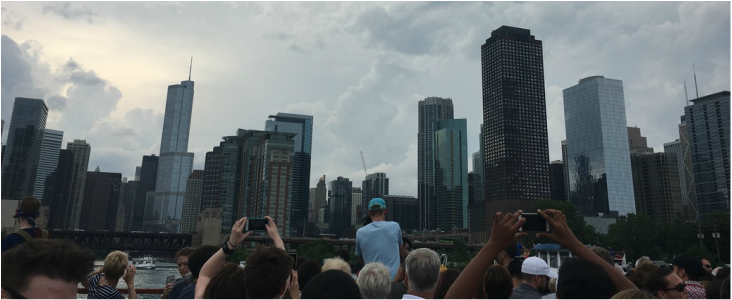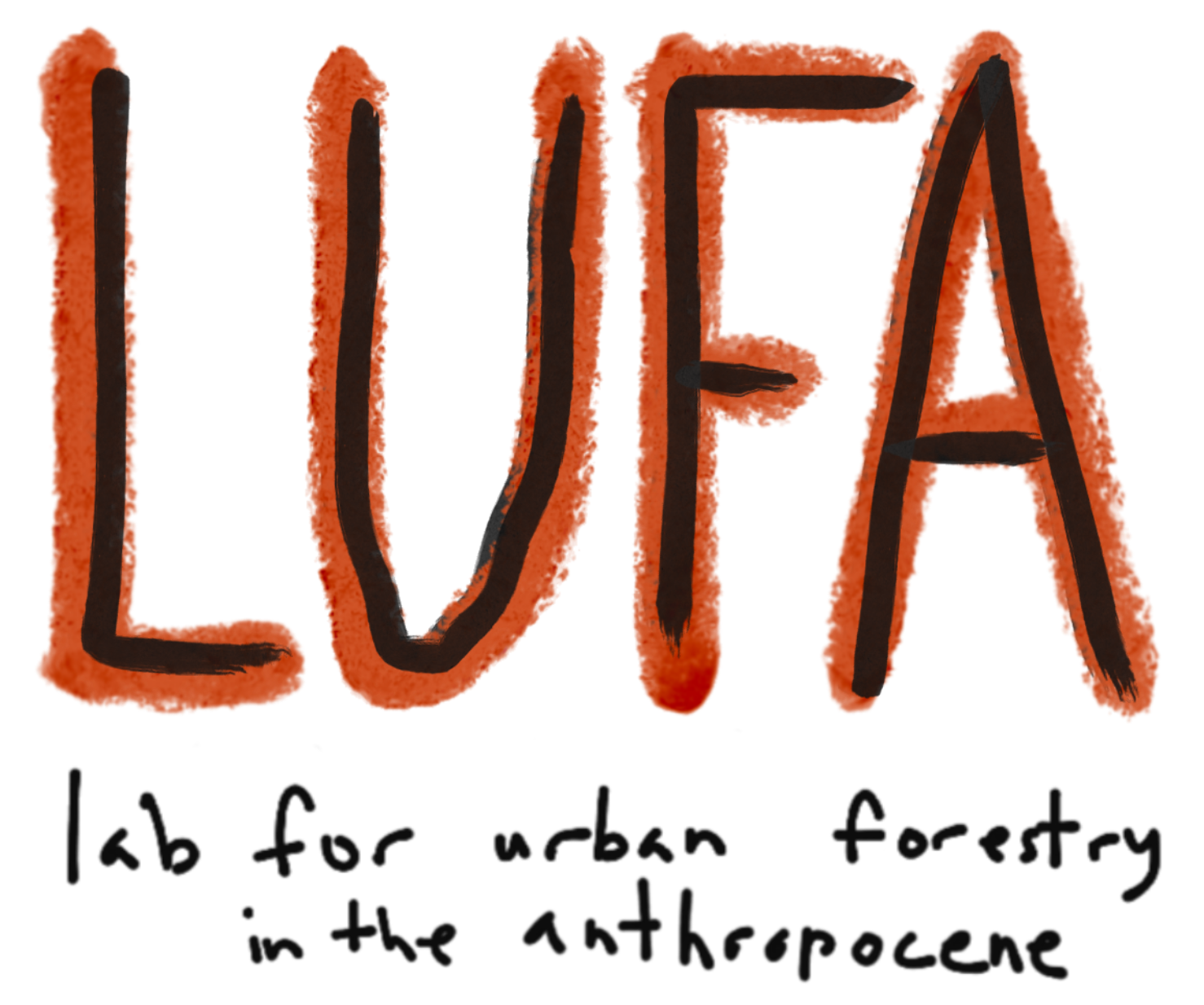BY DJ SinghThe Great Lakes account for the largest amount of freshwater in the world, outside of the polar ice caps. It is essential to preserve these lakes and keep pollution away, chiefly as global warming continually depletes the large ice caps. For the most part these lakes are surrounded by dense forestry and nature preserves but not along the coast of Chicago, the largest city touching any of the lakes.
Chicago's 63-mile coastline only accounts for less than .04% of the lake’s total coastline but accounts for the largest amount of pollution into the lake. Lake Michigan is the third largest of the Great Lakes, behind Superior and Huron respectively, and provides over 6 million people with drinking water. For the most part, the city of Chicago has done a mediocre job monitoring the lakes conditions; capitalism has had an influence keeping the EPA (Environmental Protection Agency) in check. Recently, a large spike in Asian Carp migration to the lake, from connecting rivers, caused a disturbance in the natural ecosystem. The city was quick to act and poached the large population to a smaller scalable size that will not deter the natural order of the water. There have been new efforts to reduce the amount of waste going into the lake and more strict requirements for water quality. However, the larger problem remains pollution added to the lake and surrounding environment caused by excess boating on the lake (Holden 2016).
0 Comments
|
AuthorsStudents in Jess' ENV 151 Introduction to Sustainability write blog posts on a sustainability-related topic of their choice. ArchivesCategories
All
|
1110 West Belden Avenue Chicago Illinois 60614
|
Site last updated: August 9, 2018.



